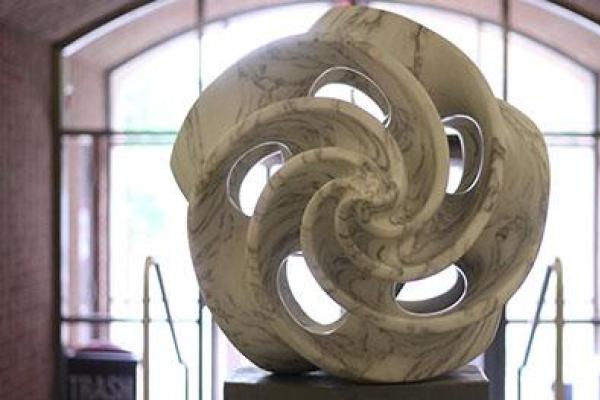
Title: Compact closed 2-categories
Speaker: Nick Gurski (Case Western Reserve University)
Speaker's URL: https://mathstats.case.edu/faculty/nick-gurski/
Abstract: Compact closed categories are (symmetric) monoidal categories in which each object has a dual. These are common in algebra, with the category of finite dimensional vector spaces over a field being the prototypical example. Abstract approaches to Tannaka reconstruction are best situated within the context of categories enriched over a compact closed base. In exploring 2-categorical versions of Tannaka-type results, we encountered the necessity for redoing much of the basic theory of compact closed categories for monoidal bicategories or 2-categories. I will describe that 2-dimensional theory, explain our methods for dealing with the computations involved, and detail some elementary open questions. This is joint work with Juan Orendain and David Yetter.
URL associated with Seminar: https://www.asc.ohio-state.edu/math/vqss/
